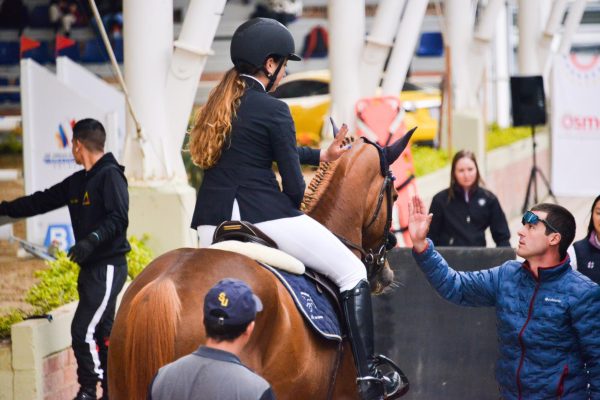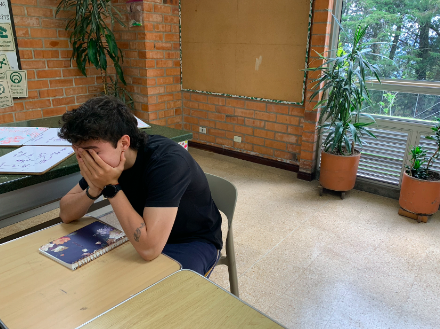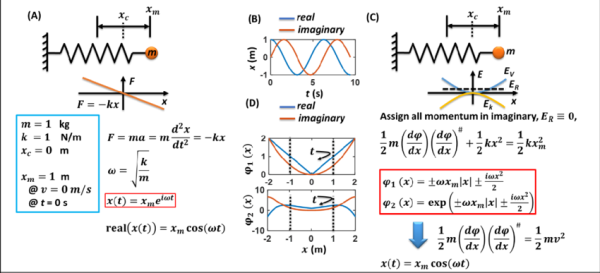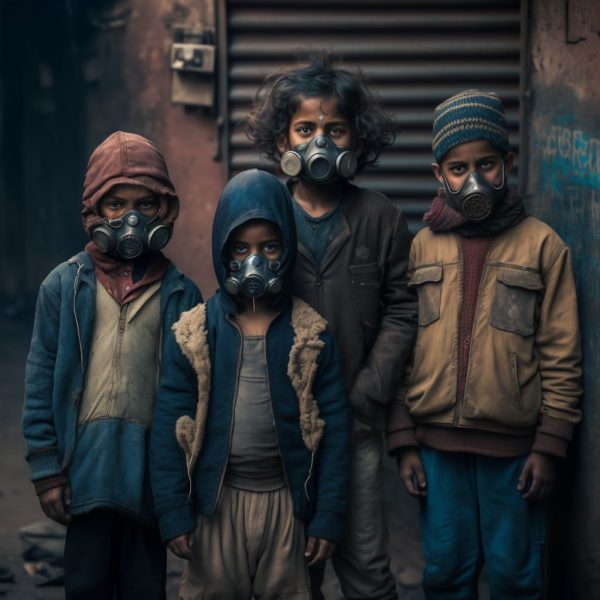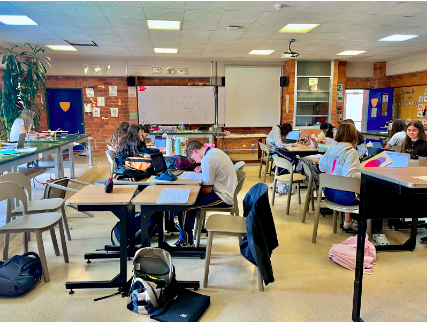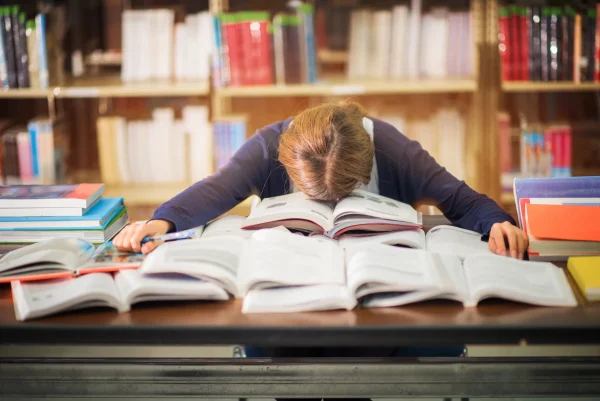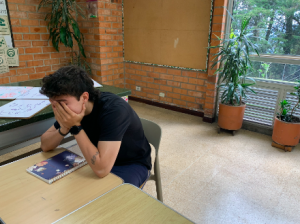Unusual ISP Project has the School in a Weird Spot
The ISP is getting closer, and for Nicolas Restrepo and his partner, it means going to the Fabrica de Licores de Antioquia, tinkering with alcohol, and seeing the ins and outs of the industry.
The ISP is a way for students to get a sense of what the real world and working at a company is really like. Restrepo decided to go with a more unorthodox and unusual approach by doing his project about the local alcohol maker.
“It’s tricky for students to do projects like this,” expressed counselor Susana Arias. “It’s easy for students and the people involved with the project to get the wrong meaning out of it (and) not focusing on the different aspects and marketing of the company.”
This didn’t seem to disencourage these entrepreneurs at all, as they wanted to do something involving the FLA (Fabrica de Licores de Antioquia) for a long time, seeing other students go above and beyond in the creativity of their projects, and just the outstanding companies that have been showcased in the past, and they werent gonna let anything stand in their way.
“I’ve wanted to do this project for an extremely long time,” said Senior student Nicolas Restrepo. “It is something that has made sense to me since my family’s business is really connected with the FLA, and I want to continue with this business so I figured it would be the perfect fit.”
Both students and administrators believe that students doing more controversial projects like this have been a gray area in the past. Nicolas and his partner were not allowed to showcase any alcoholic beverages or products from FLA, even if the alcohol was removed from the container.
“I understand where the school is coming from, they don’t want to have to deal with the consequences of someone bringing alcohol to school,” said Junior student Martin Velasquez. “But students should be able to showcase the products that the company makes, it is clear that there is no intention to consume the product, and I think that if the alcohol is emptied then definitely they should be allowed.”


